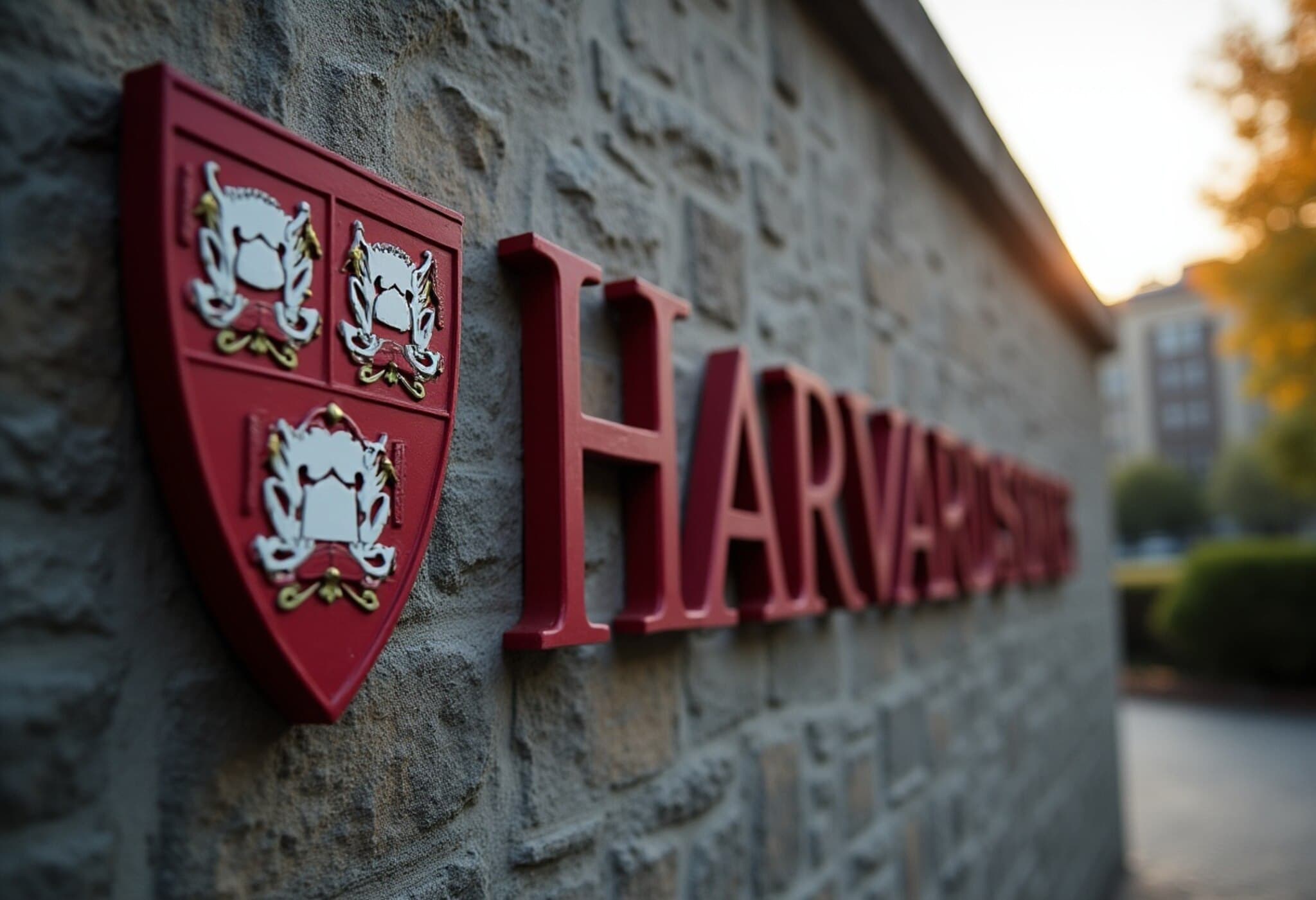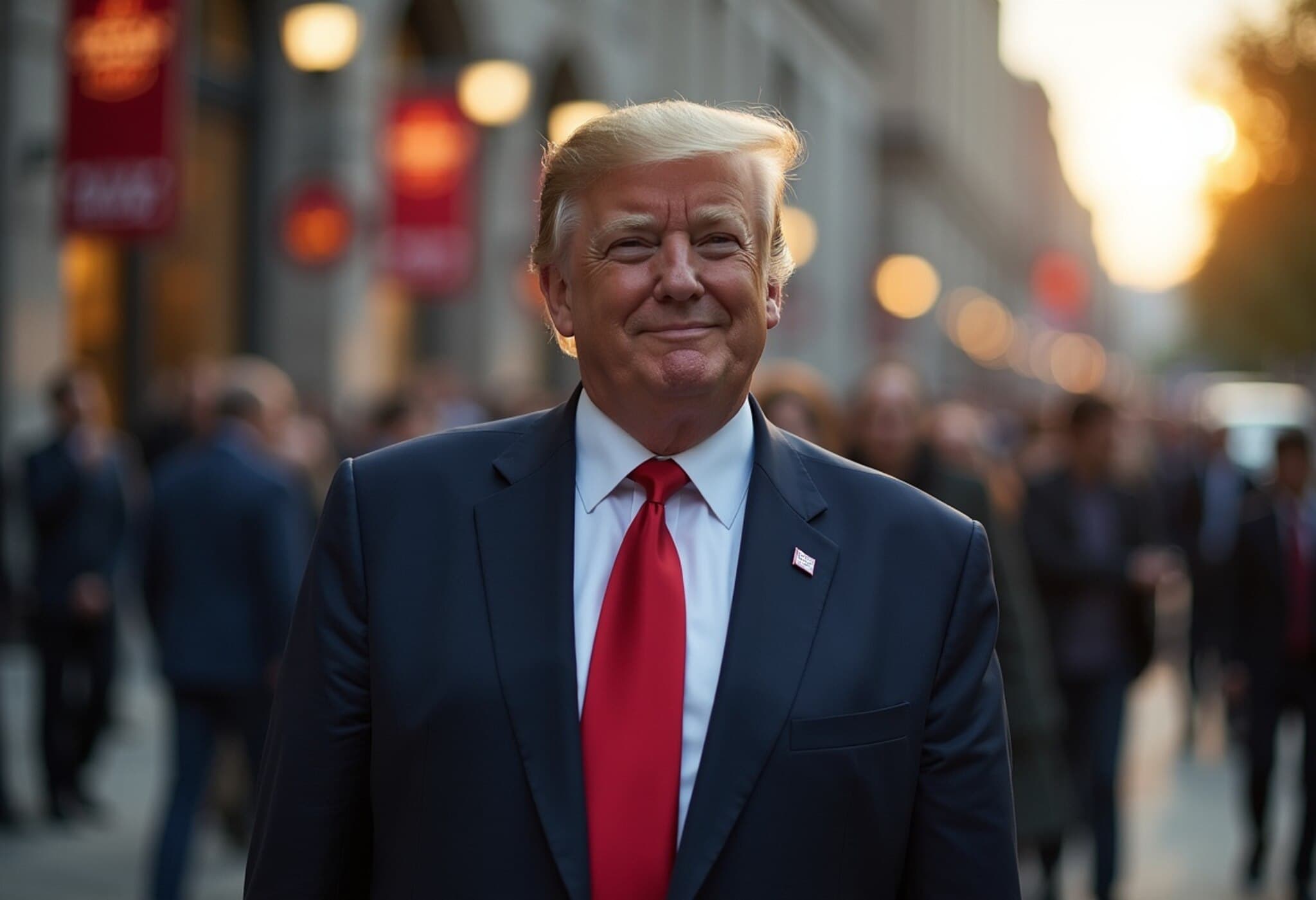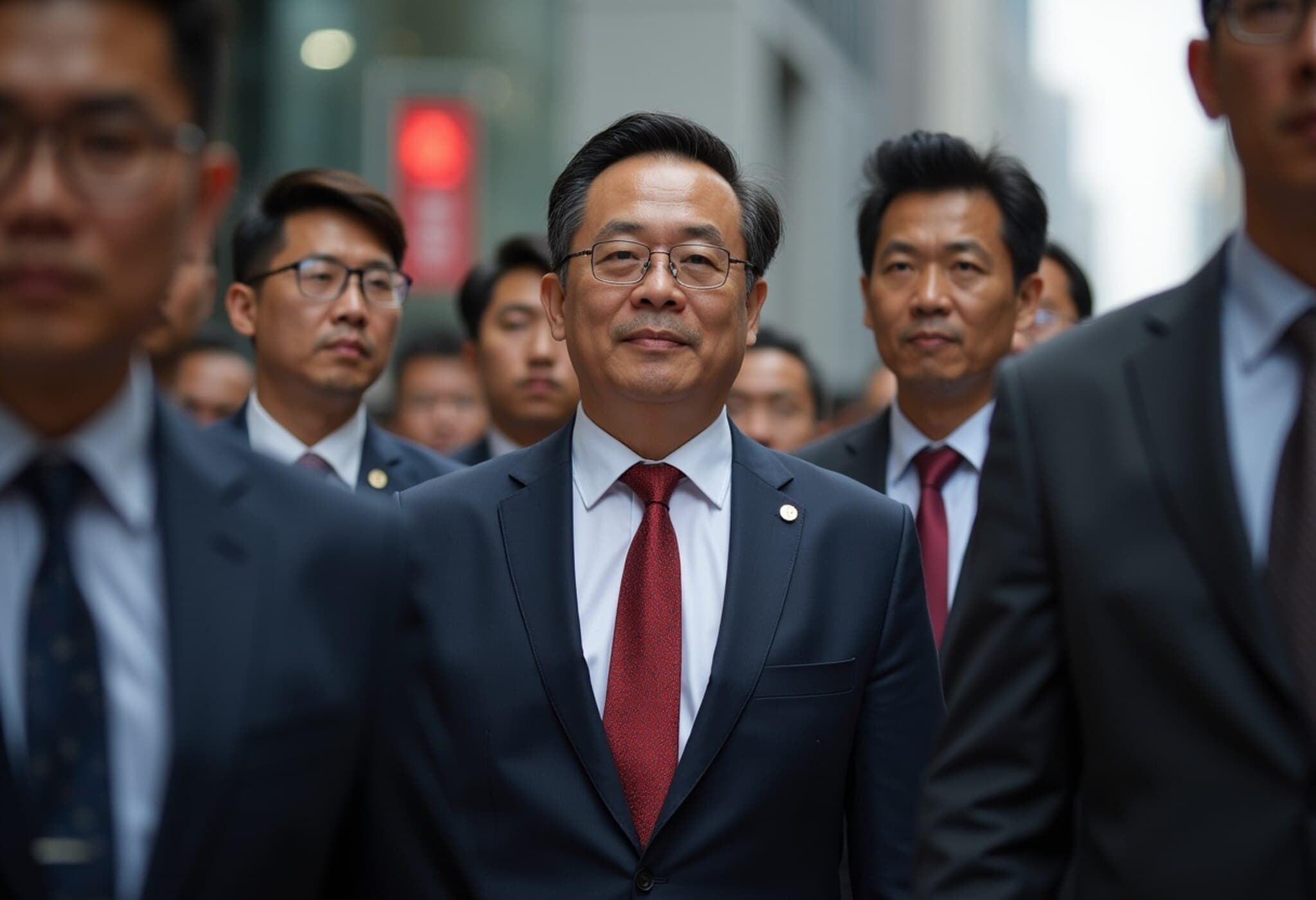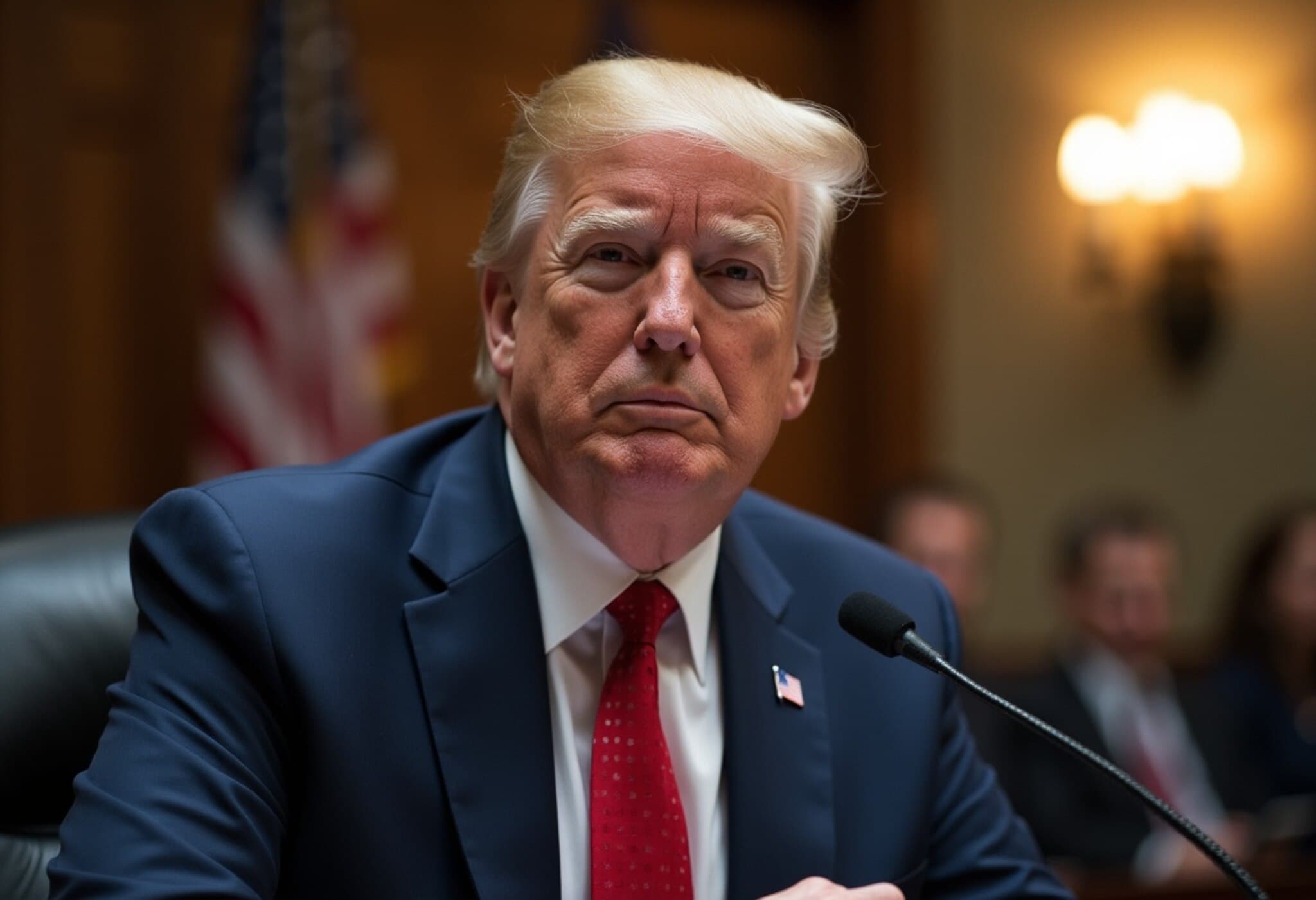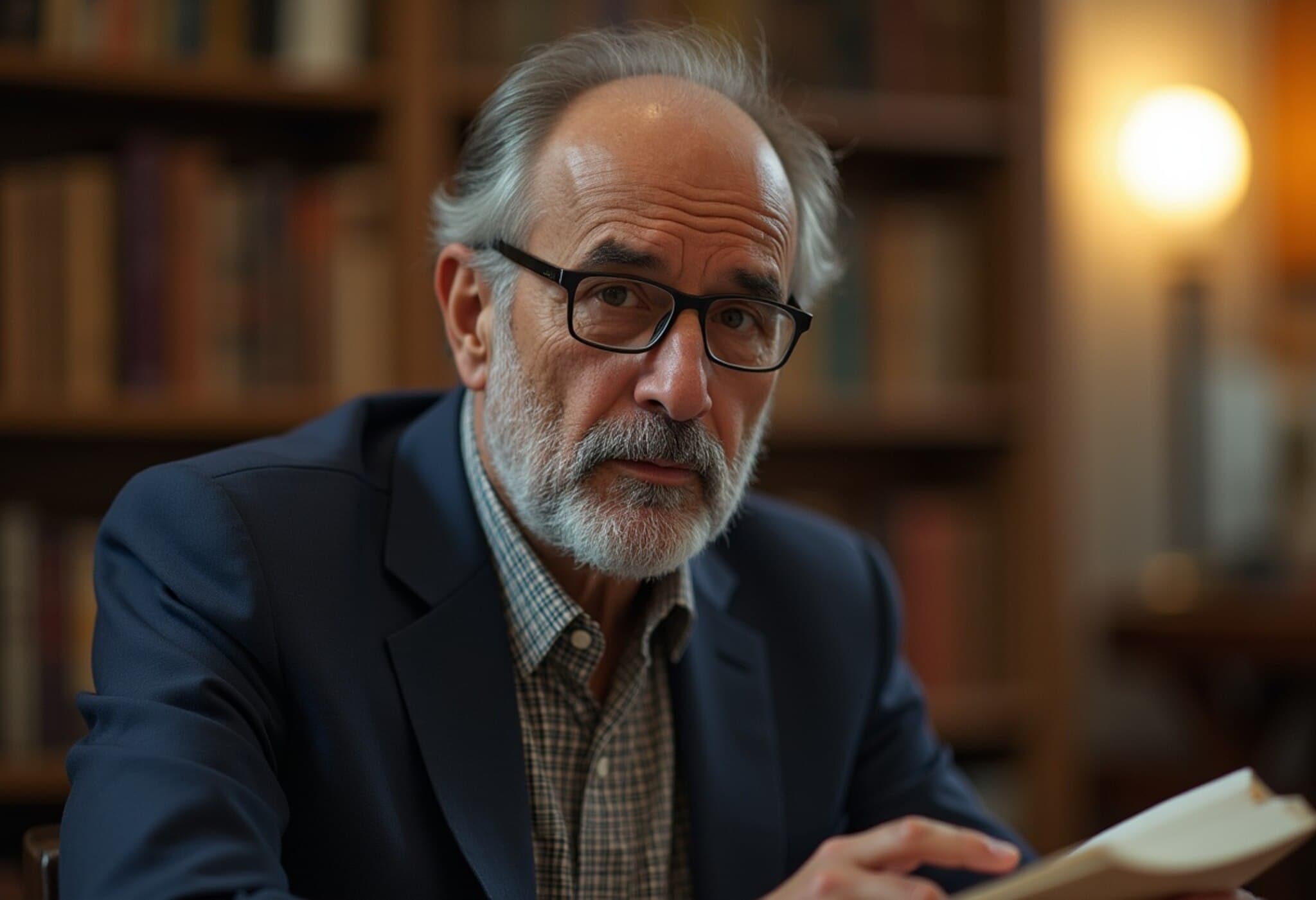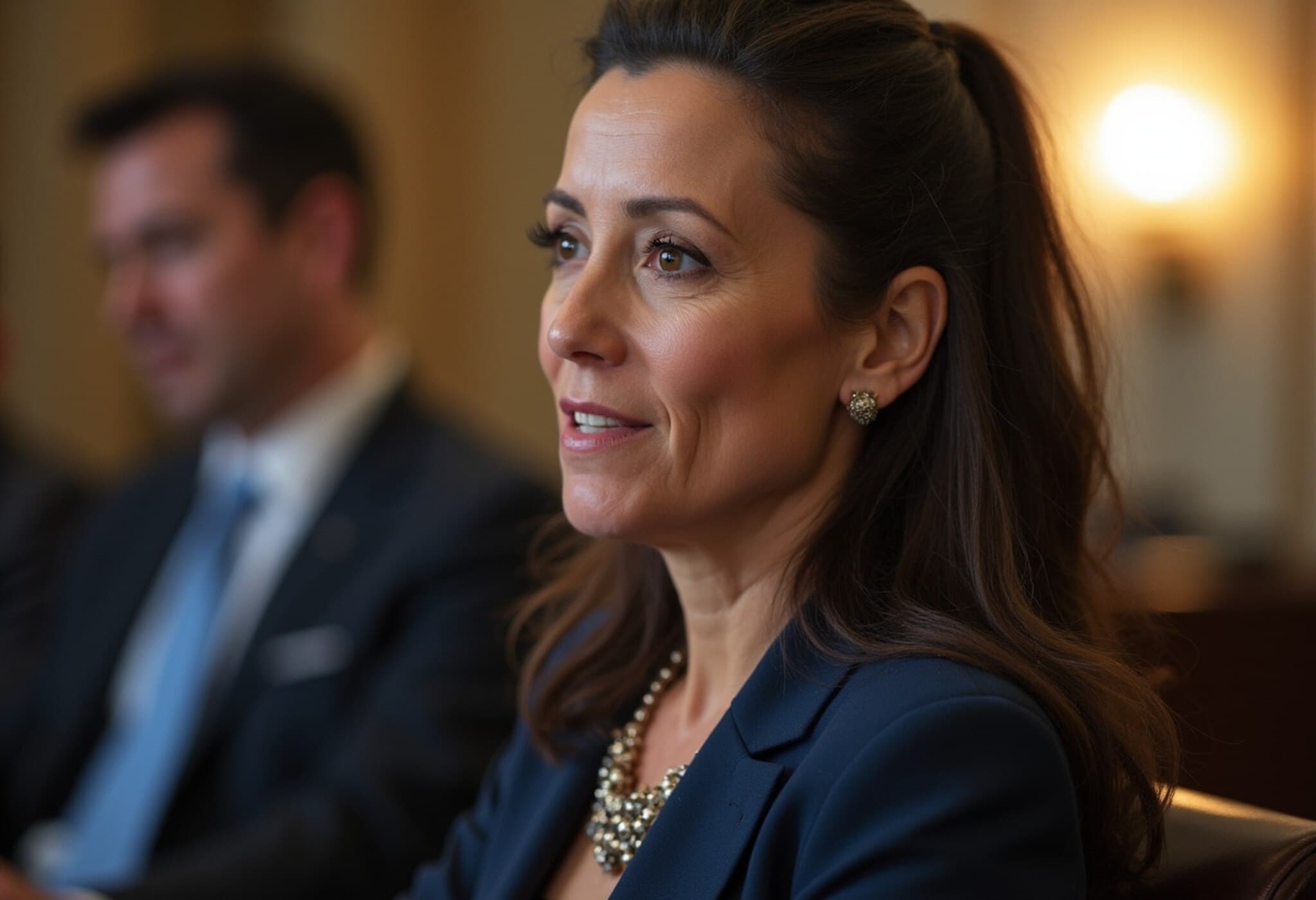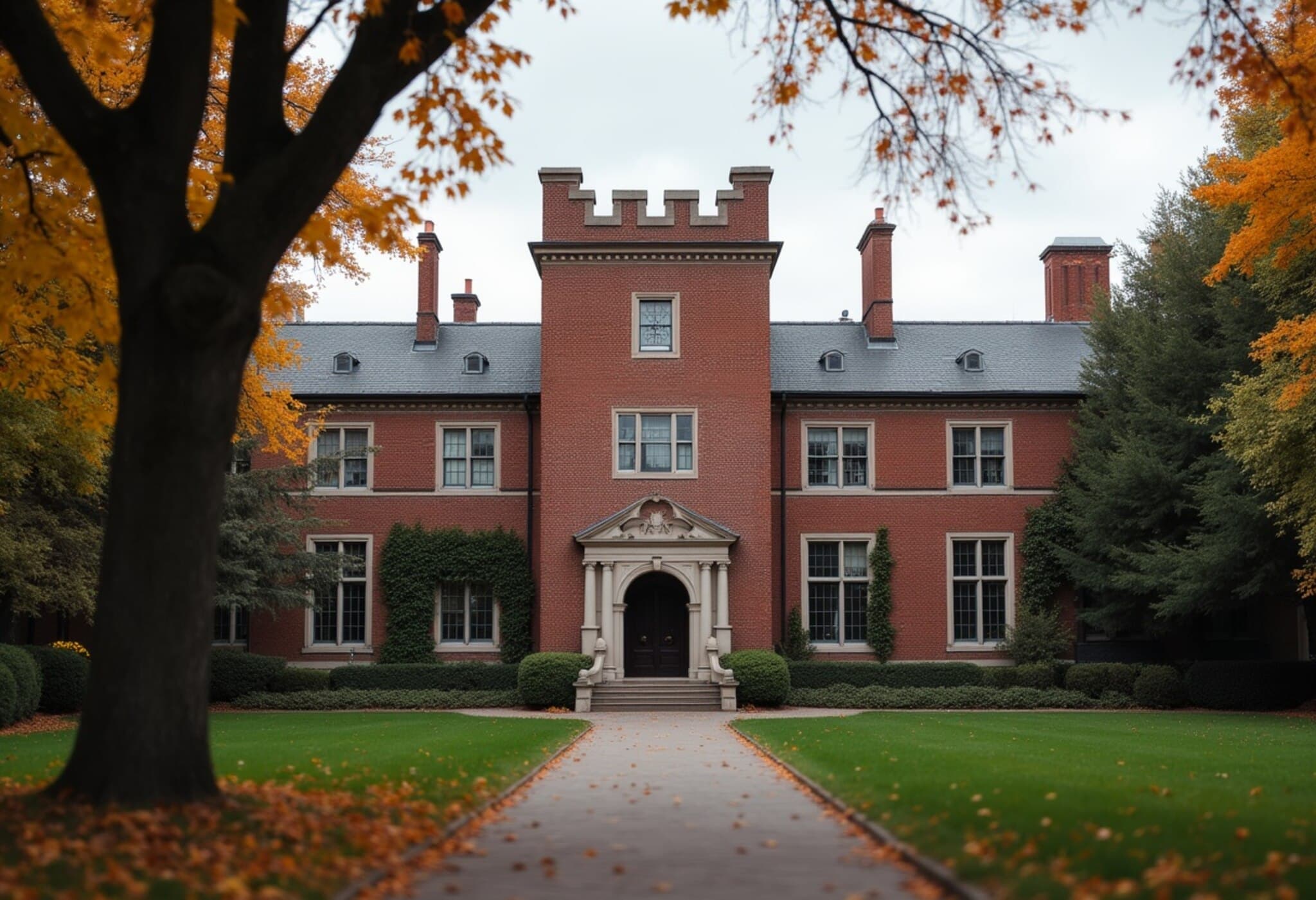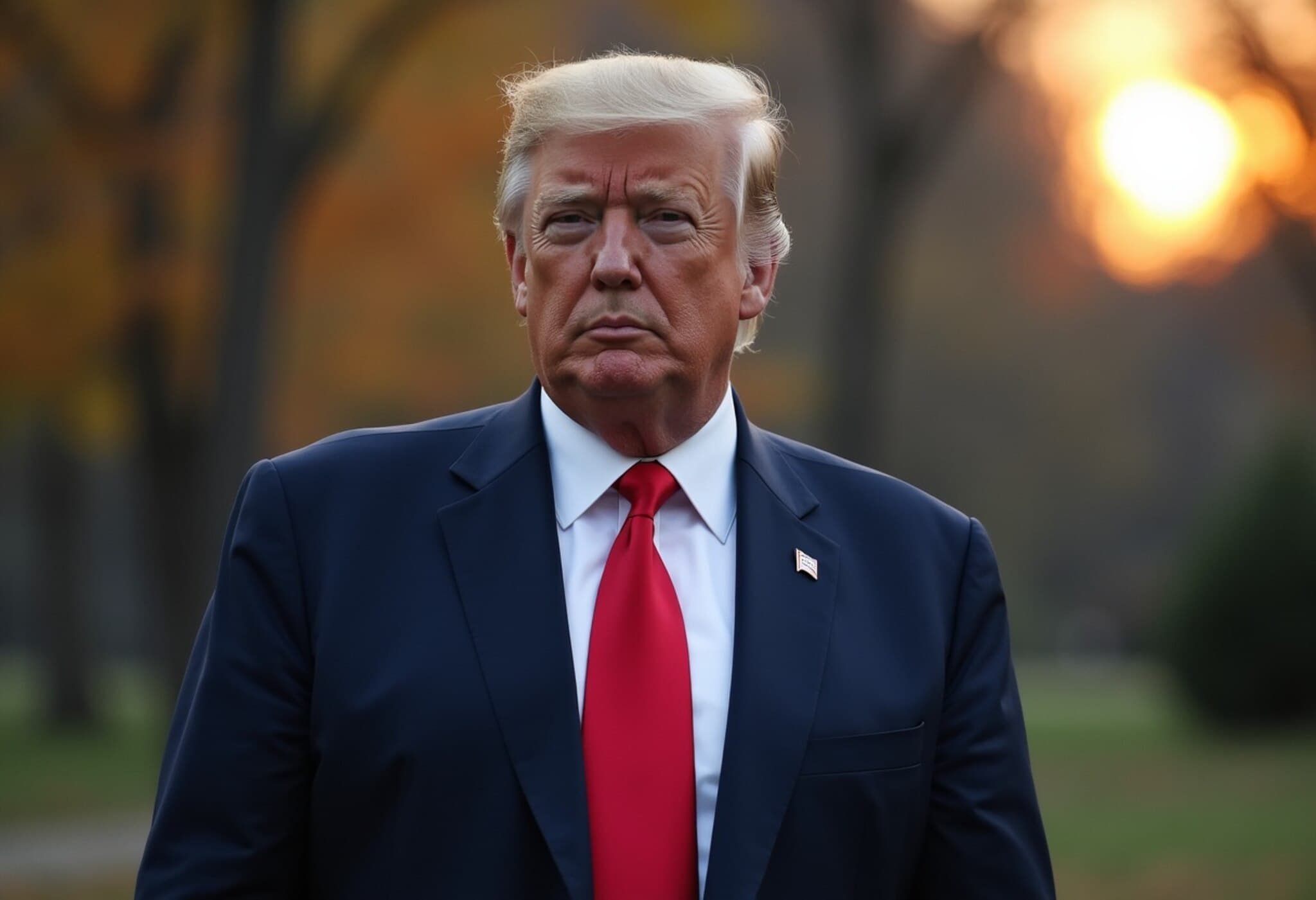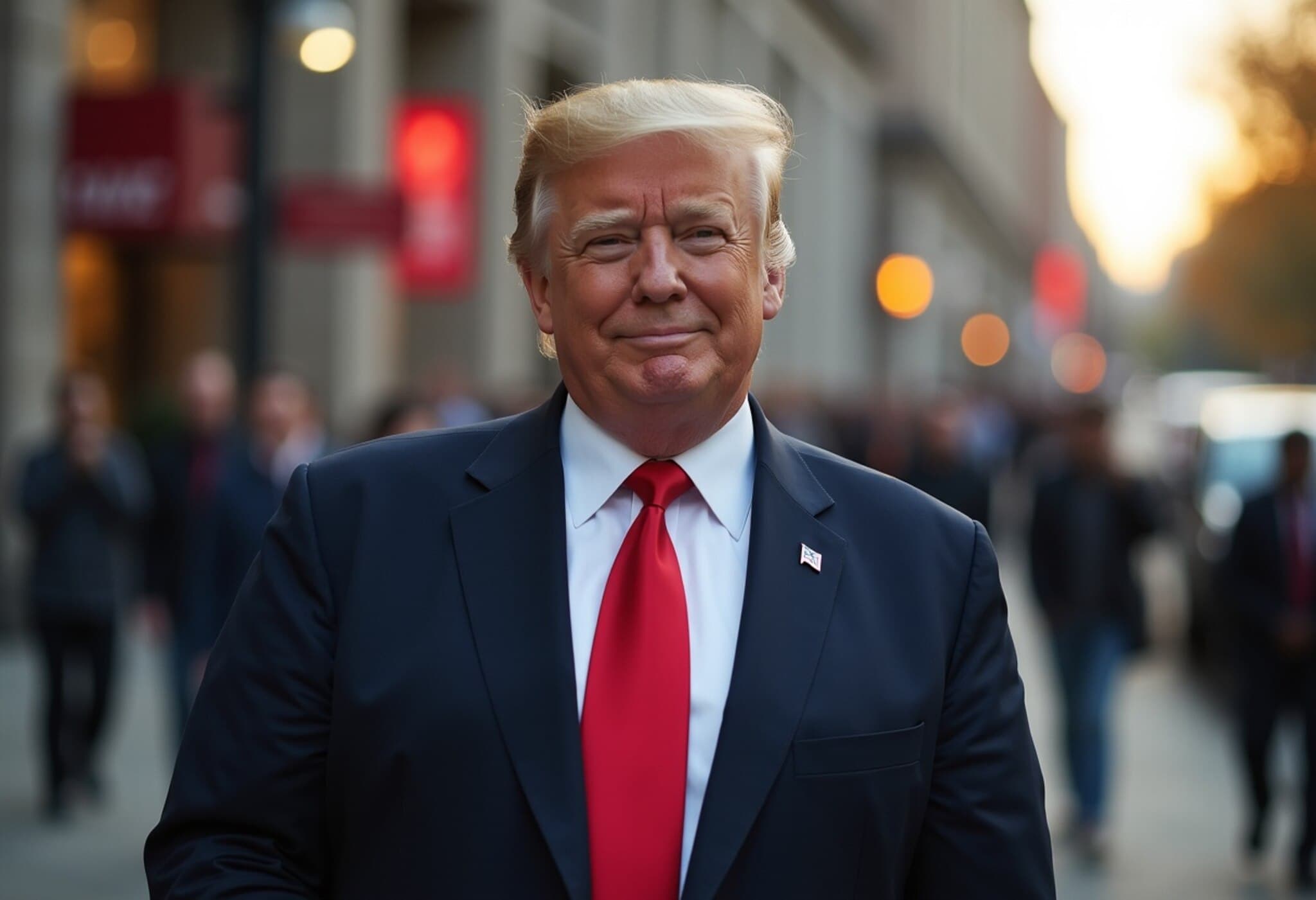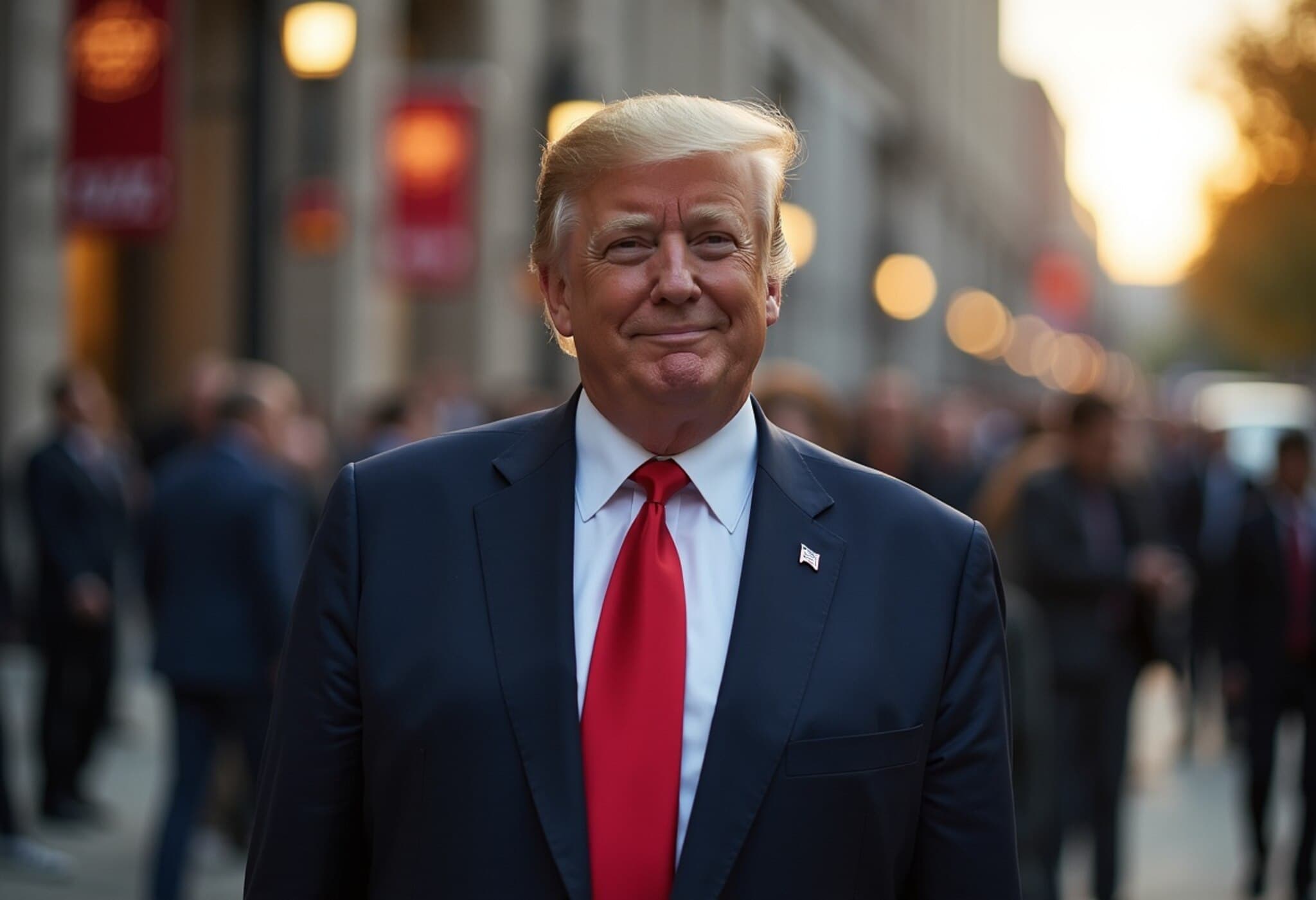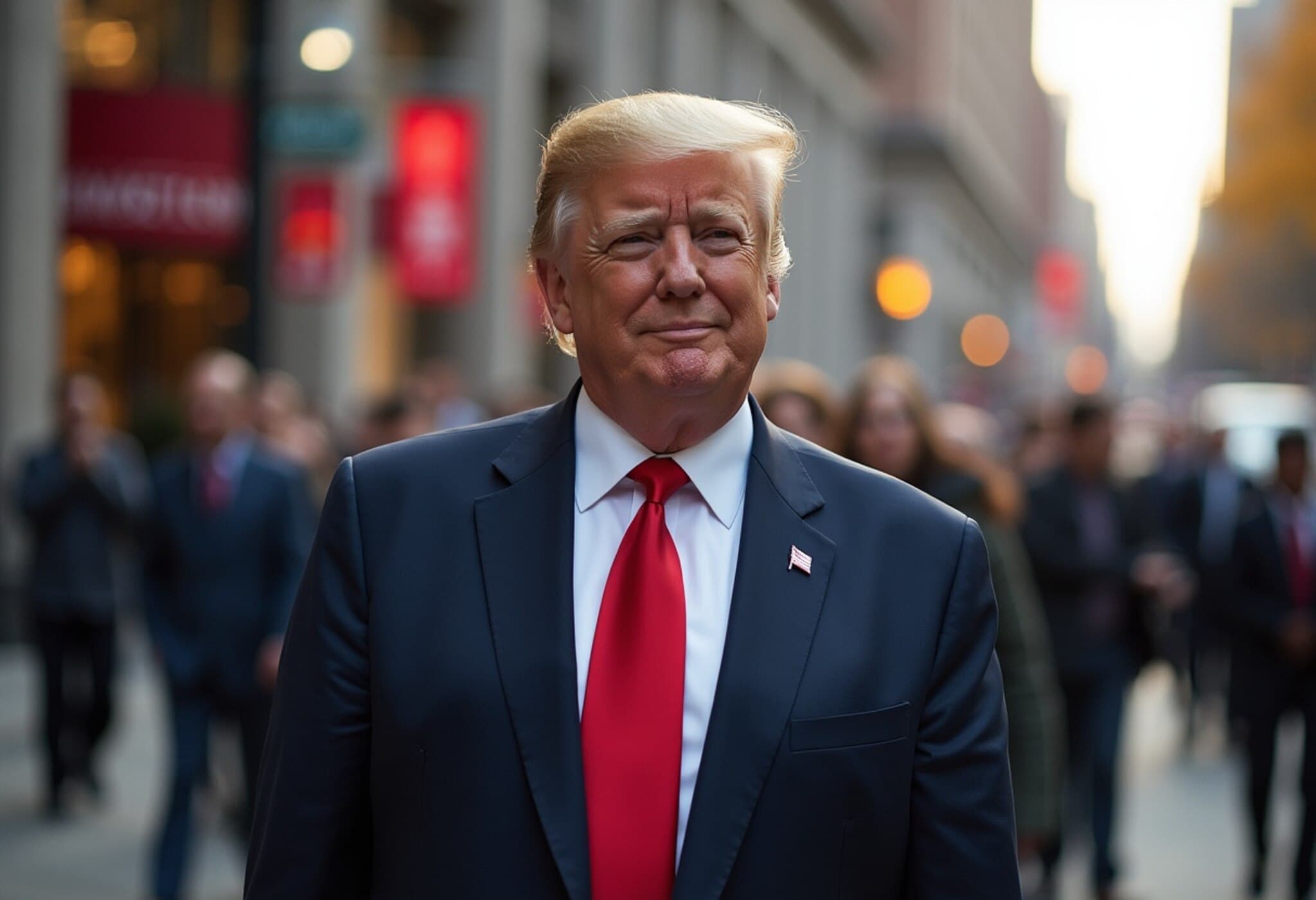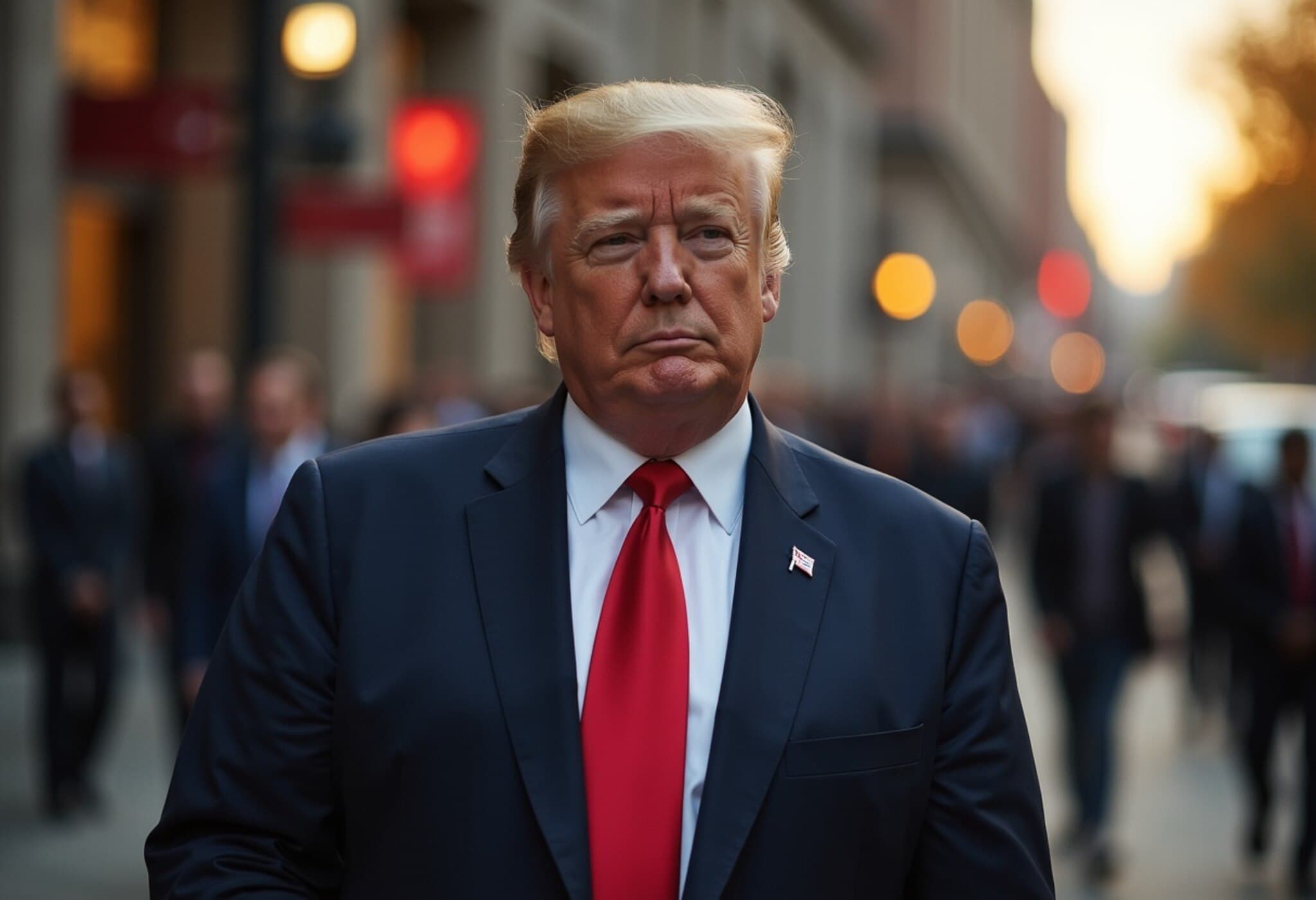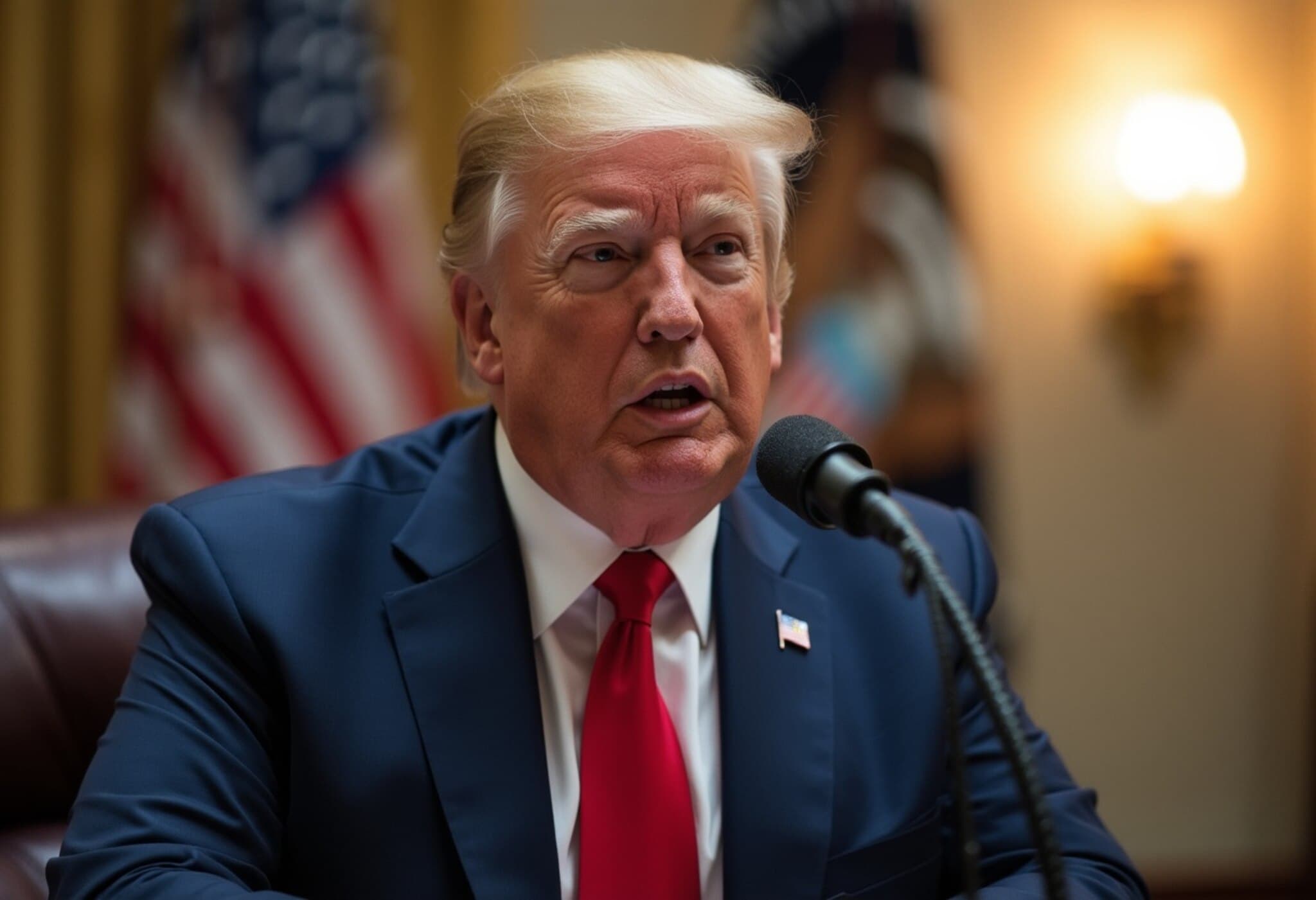Federal Judge Halts Trump Policy Targeting Harvard’s International Students
A U.S. district judge in Massachusetts has once again blocked the Trump administration's bid to revoke Harvard University's ability to enroll international students. This legal win marks another chapter in the ongoing clash between the federal government and the Ivy League institution.
Legal Battle Intensifies Over Student Visas
U.S. District Judge Allison D. Burroughs issued a preliminary injunction that stops the government from terminating Harvard’s certification under the Student and Exchange Visitor Program (SEVP). This program allows Harvard to admit international students holding F-1 and M-1 visas. Following an earlier temporary restraining order, the judge ordered the administration to swiftly issue guidance instructing officials to disregard previous notices revoking Harvard’s authority and to restore the visa status for all affected students and applicants within 72 hours.
Government Signals Possible Appeal
The Trump administration is expected to appeal this ruling to the First Circuit Court of Appeals. The decision follows a May attempt by the administration to end Harvard’s SEVP certification, effectively barring the university from enrolling new international students. A separate proclamation by President Trump sought to deny visas to prospective international Harvard students, intensifying the dispute.
University Denounces Government Actions
At a court hearing, Harvard’s legal counsel accused the government of "using international students as pawns," alleging the administration's focus unfairly singled out the university. Conversely, Department of Justice lawyers cited national security concerns, expressing skepticism about Harvard’s ability to properly vet thousands of foreign applicants. While the government claimed it had fewer concerns about other schools, officials suggested that stance might change.
The Broader Context: Funding and Freedom at Stake
This confrontation traces back to April, when a government task force demanded that Harvard limit admissions of international students deemed "hostile to American values and institutions." Harvard swiftly rebuffed these demands, labeling the administration’s efforts as an "unprecedented and improper" attempt to control the university. Tensions escalated as federal agencies were urged to cut contracts with Harvard, amounting to roughly $100 million in funding.
The administration’s aggressive stance has sparked criticism across academia and civil liberties groups. Advocates warn that withholding federal funds from Harvard could imperil not only the university’s research but also wider scientific innovation vital to the U.S. economy.
Support from Alumni and Academic Community
Backing Harvard’s stance, over 12,000 alumni—including notable figures like comedian Conan O’Brien and author Margaret E. Atwood—submitted a brief condemning the funding freeze as a "reckless and unlawful" overreach. Their plea highlights concerns about government interference in higher education and its potential repercussions on academic freedom nationwide.
With this ongoing legal wrangle, the fate of international student enrollment at one of the nation’s most prestigious schools remains uncertain, underscoring the complex intersection of immigration policy, national security, and educational autonomy.

